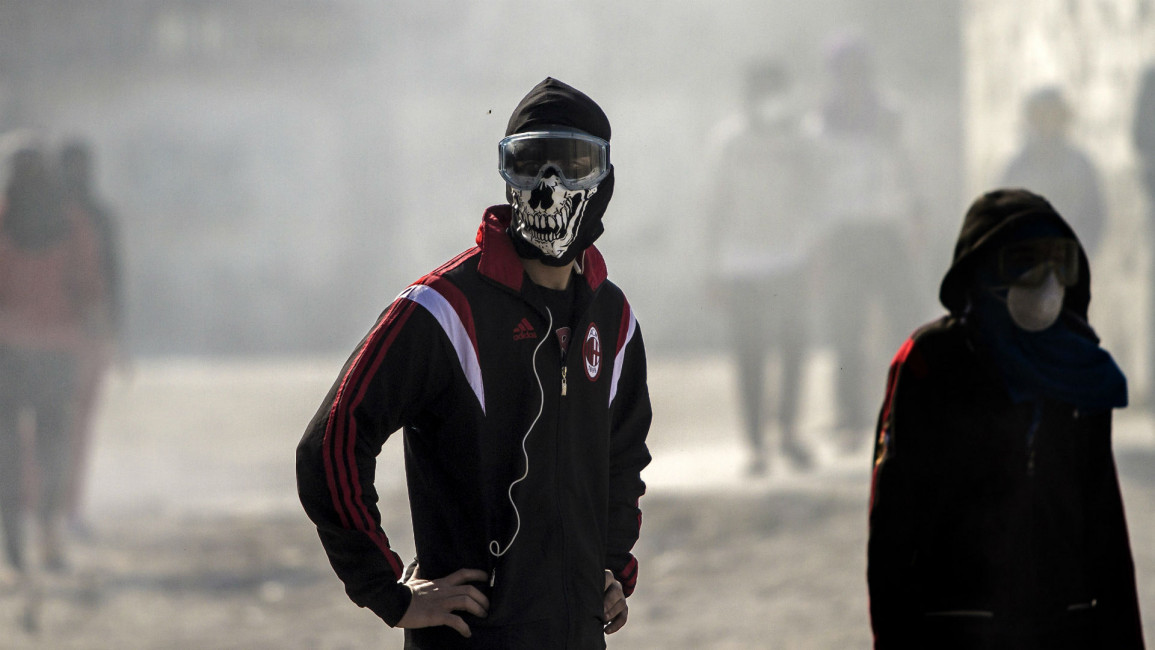Bahrain has referred its first civilian case to a military court following a constitutional amendment approved by the king last month, Amnesty International said on Tuesday.
Inspired in part by Arab Spring uprisings, Bahrain has since 2011 witnessed regular protests against the Sunni Al-Khalifa dynasty which has ruled the Shia-majority Gulf kingdom for more than two centuries.
Public prosecutors have transferred the case against Fadhel Radhi, who was arrested in September 2016 and has been held incommunicado since, to a military court, a statement by the London-based rights group said.
The lawyer for Radhi, a Bahraini national, has no information on the charges his client faces, Amnesty said.
Authorities in Bahrain have cracked down on political dissent, jailing hundreds of protesters and stripping a number of high-profile activists and Shia clerics of citizenship.
Bahrain has accused Shia-ruled Iran of attempting to spark unrest in the tiny archipelago and says the government in Manama is being targeted by terrorist cells. Tehran has denied involvement.
King Hamad declared a three-month state of emergency in 2011, during which special military courts were temporarily established to try civilians.
Radhi is the first civilian reported to be referred to military justice since the king on April 3 formally approved a constitutional amendment granting military courts the right to try civilians.
The amendment drops a clause that had limited military trials to army and security personnel.
It was approved by Bahrain's upper house of parliament, which is appointed by the king, as well as by the elected lower house.
"This is a shameful move by the authorities designed to strike fear in the heart of the population," said Samah Hadid of Amnesty's Beirut regional office.
"It is also a serious blow for justice in Bahrain... Trying civilians before military courts is contrary to international standards."
Bahraini authorities did not immediately respond to a request for comment.
Amnesty said repeated requests for information about Radhi's location and condition had gone unanswered by Bahrain's Public Prosecution Office.
But the Public Prosecution Office contacted Radhi's family early Tuesday to inform them his case had been transferred to a military court, the rights group said.
Amnesty added it feared Al-Sayed al-Alawi, held incommunicado since October, would be the next to face military justice, without elaborating.



